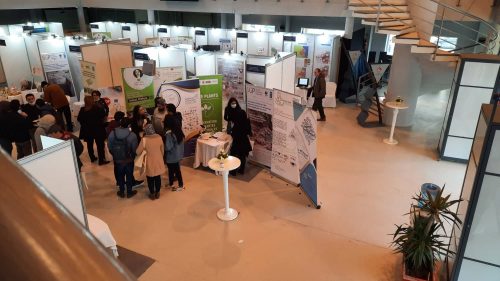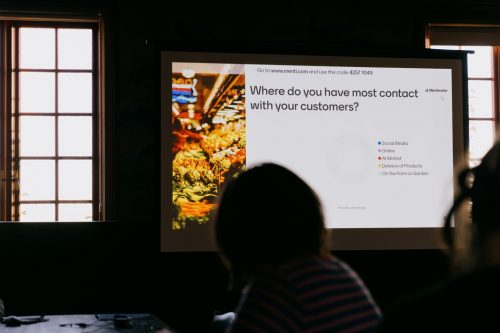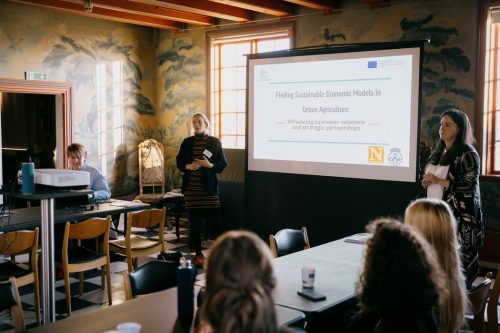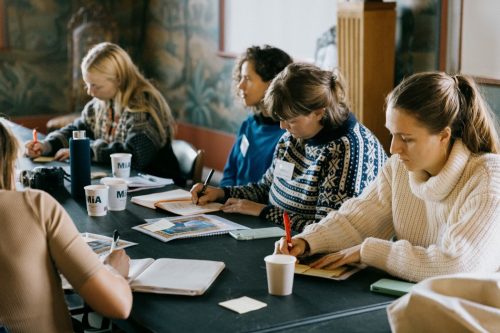Join the Edible Cities Network for our 1st ever Annual Conference, held live online over two days, 16th & 17th February 2022. “Making Cities Edible” will bring together leading researchers, policymakers and city administrators, civil society actors, green city activists and entrepreneurs to discuss the potentials, challenges and development of sustainable urban food innovation in cities around the world.
With a mixture of keynote addresses and roundtable discussions and an open networking session, the event will explore the latest findings about the power of urban food innovation to tackle social, ecological and economic challenges within cities, including insights from the EdiCitNet Project’s partner cities – as well as explore the social, technical, ethical, ecological, governance and financial challenges around scaling up sustainable solutions and anchoring them in current and future urban planning.
Beyond highlighting successes, potentials and next steps for further action, the event also aims to generate guidelines on how to successfully integrate edible NBS in city planning, offering ideas to decision-makers in policy and business and addressing the societal and environmental problems facing our communities and our cities today.
Whether you are a newcomer to the topic of urban food innovation, or a seasoned professional, here are just a few reasons why Making Cities Edible is the event you don’t want to miss:
- Hear first-hand experiences from expert practitioners in the field of urban farming, community gardening and sustainable food collectives
- Explore recent developments, successes and challenges from the EdiCitNet project’s Living Labs in Oslo, Andernach, Berlin and Rotterdam
- Learn about what different cities around the world are doing to integrate edible city policies & strategies into their urban planning
- Network with other urban food enthusiasts from around the world and build alliances for more resilient urban food futures
Click here to find out more and to register!





